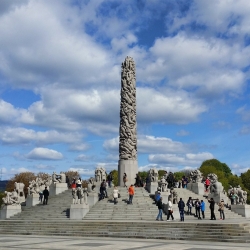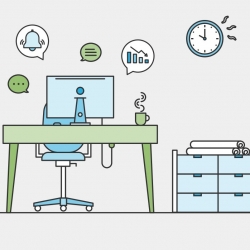To provide the best experiences, we use technologies like cookies to store and/or access device information. Consenting to these technologies will allow us to process data such as browsing behaviour or unique IDs on this site. Not consenting or withdrawing consent, may adversely affect certain features and functions.
The technical storage or access is strictly necessary for the legitimate purpose of enabling the use of a specific service explicitly requested by the subscriber or user, or for the sole purpose of carrying out the transmission of a communication over an electronic communications network.
The technical storage or access is necessary for the legitimate purpose of storing preferences that are not requested by the subscriber or user.
The technical storage or access that is used exclusively for statistical purposes.
The technical storage or access that is used exclusively for anonymous statistical purposes. Without a subpoena, voluntary compliance on the part of your Internet Service Provider, or additional records from a third party, information stored or retrieved for this purpose alone cannot usually be used to identify you.
The technical storage or access is required to create user profiles to send advertising, or to track the user on a website or across several websites for similar marketing purposes.
 Cloud-based access control company Kisi has released their 2020 work-life balance city index, highlighting how major cities from the 2019 edition have since been impacted by the global pandemic. While every city in the index suffered economic, social and structural consequences, the results of this year’s edition claim that having a safety net in place for workers made a large difference in how a city navigated the crisis. (more…)
Cloud-based access control company Kisi has released their 2020 work-life balance city index, highlighting how major cities from the 2019 edition have since been impacted by the global pandemic. While every city in the index suffered economic, social and structural consequences, the results of this year’s edition claim that having a safety net in place for workers made a large difference in how a city navigated the crisis. (more…)









 A new report from
A new report from 


 A new study by independent job board,
A new study by independent job board, 








 Highly talented workers join prestigious firms, claims new research by the
Highly talented workers join prestigious firms, claims new research by the 










October 20, 2020
Remote work and the risks of employee surveillance
by Joe Aiston and Alexander Barnett • Comment, Flexible working, Technology